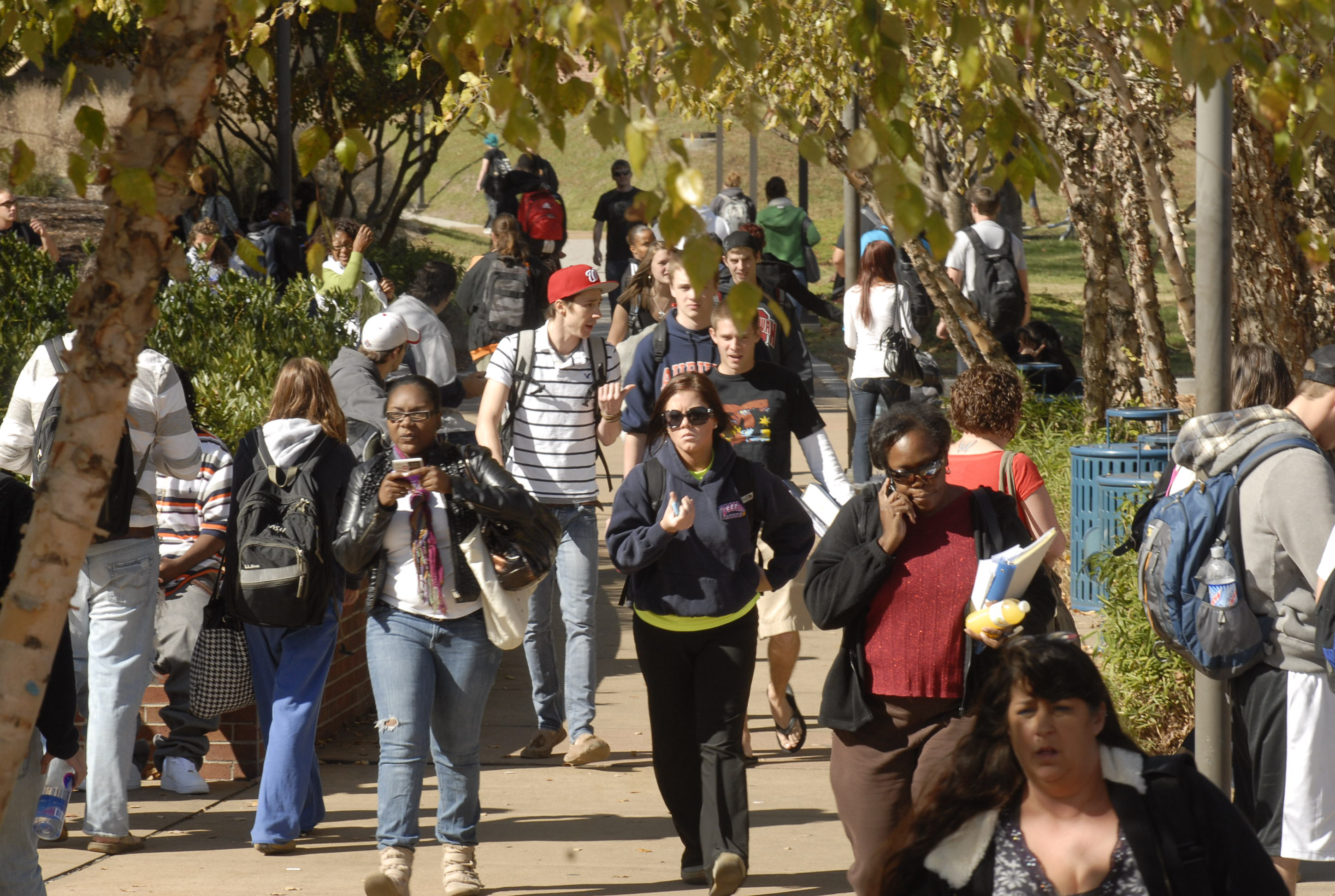In the ultracompetitive world of college admissions, the gatekeepers are getting nosier than most high schoolers and their parents realize.
These days, a picture of a game of beer pong, a racy image or a negative tweet about a certain school can cut you out of the running to enter some top schools, according to a nationwide study that surveyed admission officers at the country's best 500 colleges and universities ranked by the financial magazine Barron's.
Going into next year's admission process, college counselors at some area high schools are spreading word about the report and telling students to clean up their digital footprints.
"Countless hours doing homework, and for them to torpedo their chances and not make sure their Facebook page reflects a positive view of them would be very foolish," said Jeff Kurtzman, associate director of college guidance at McCallie School. "I tell students, 'Don't do embarrassing things or things that are illegal, but failing that, make sure you don't announce it to the world.'"
The study on college admission trends has been published for seven years by Kaplan, a test prep company owned by The Washington Post Co. Online trolling for information on prospective students has been one of the most notable shifts, said Jeff Olson, vice president of research at Kaplan.
Of the 500 best universities, 20 percent reported Googling an applicant, and 24 percent said they searched someone using social media. Last year, the study showed 6 percent of admissions officers checked prospective students' Facebook pages, and 12 percent said what they found online negatively affected a student's admissions chances.
In Tennessee and locally, however, school officials say friending students on Facebook or Googling them is not common practice. At more competitive schools such as Sewanee: The University of the South and Vanderbilt University, poking around online to learn about students is discouraged.
"If a student draws attention, we check it," said Laurie Saxton, a spokeswoman at Sewanee. "We feel like it would be unfair to check some and not all. ... [Admission counselors] aren't forbidden. It just adds a lot of time."
During Kaplan's research, Olson heard a story about a student who was denied admission to a school because officials found out he had bragged on Facebook about the interview going well with school officials and called the institution his second-choice "safety school."
Students feel free to share and speak online because communicating via Facebook or Twitter can feel private, but they shouldn't assume they can use the same candor they would in a phone call or email, Olson said.
"Every applicant is not going to get Googled," he said. "That doesn't mean it's not smart to be aware of their public persona."
After finishing the study, he does have some advice:
• Students should Google themselves and know what people will find.
• They should learn about privacy controls available on Facebook and other social media sites. Default settings allow anyone to find a profile online. Disable that, he said.
• Keep posted photos appropriate or hide photos others post.
• Be mindful of opinionated or offensive tweets on Twitter.
With hordes of people, pressured by the economic downturn, trying to move into college and then into the work world, it's important to keep less professional behavior in the shadows, officials said.
But some students make mistakes and they should still be able to present their best side in the college admission process without fear that colleges are snooping into their private life, said Joanne Letendre, director of college counseling at Baylor School.
College counselors and teachers at Baylor and McCallie don't friend students on Facebook.
"Frankly, I don't want to see them," said Kurtzman.
At Baylor, Letendre said she doesn't pore through students' profiles to check for what would look good or not so good, and she said she doesn't think admission officers at colleges should either. In fact, she advises her students to reject friend requests from college admission officers.
"We've heard the horror stories of admission officers asking a student on a date," she said. "Whether you are looking for something or not, I do not think that is how you go about doing it."
Still, it's clear schools are trending that way, especially in cases when they want to double-check the validity of a claim or to dig deeper into a scholarship applicant.
The University of Tennessee recently announced that it is moving away from a numbers approach - SAT, ACT and grade-point average - to enrollment. It is among a growing group of large state universities wanting to look at the whole student.
So in the future, UT, too, may look for more information than students' college applications provide, Kurtzman said.

